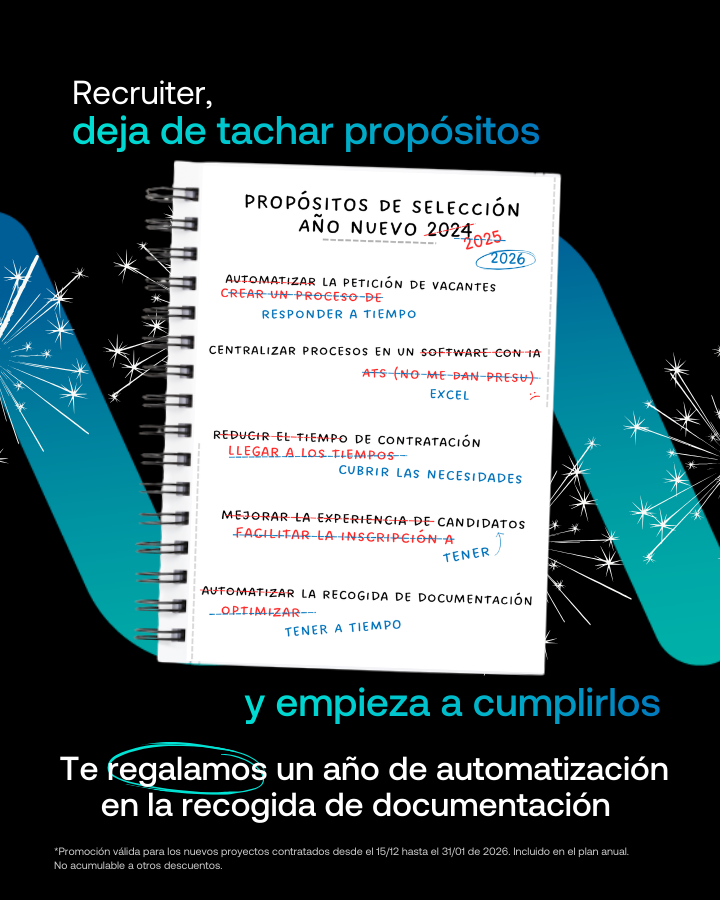Startup Culture

A great company culture can offer millions of benefits, and each organization has its own mission, history and personality that make them unique. What is undeniable and the same for all is that a united team is the key to success.
Attracting talented candidates and getting them to internalize the company's ideals is crucial. But just as important is once we have found the talent we are looking for, to take care of it and keep it. It doesn't make sense to incorporate a team of great people to lose them around the corner.
According to the PwC survey, nearly 40% of job seekers consider a “positive work culture” to be very important, 72% of business leaders say that culture helps successful business initiatives, and 67% argue that culture is more important than strategy and operations.
Providing a great work culture and an environment, whether remote, hybrid or face-to-face, that the team wants to be part of will make us loyal to the team.
Being a company where talent feels comfortable and wants to work is a powerful tool for small and young companies that compete with larger, more established corporations, with the necessary capital, such as to offer higher salaries and other benefits that startups cannot compete with. What the most powerful “weapon” that startups have to retain and retain talent would be to increase morale, productivity and, most importantly, build trust.
To be unbeatable

Companies born during the pandemic, as happened to hr bot factory, were able to continue thanks to technology and remote work. Almost 40% of people now work from home at least once a week, and as demand grows, other companies that have not yet integrated it will have to adapt, if they don't want to disappear in the process.
For startups, being able to work remotely provides significant economic savings, especially in the beginning. However, we must not forget that, just as providing that advantage, for family reconciliation, time savings in transport, comfort... etc. it is necessary to create real interactions. In-person meetings naturally build bonds that aren't always possible virtually. Although there are costs involved, forged ties are priceless, and they still cost much less than having permanent office space.
Benefits
We all enjoy a work benefit, but for startups, having a large pool of cash to distribute flashy benefits, bonuses or invest in salary increases is not realistic, that's when we get creative and think of other types of benefits that are striking and that may be within our reach.
Startups can capitalize on what they have and give employees cards in the game. Not only does this imply a deeper sense of commitment on the part of the company, it also creates a sense of unity and involvement. Offering a gift like this implies that, with effort and continuous work, it could amount to a life-changing sum.
How do we do it?
The retention and loyalty of talent really begins with recruitment, we cannot forget that we are in a very competitive world, and the reality is that candidates will have interviews with other companies simultaneously.

The interview stages are as much about whether the candidate likes you as you like him, so we prioritize honesty and transparency over expectations. It's also important to make sure you get to know all the candidates personally at the final interview to ensure they're a good cultural fit with the team. And that the people you incorporate are aligned with the spirit and mission of your company.
Establishing this trust leads to more fruitful relationships at all levels. Startups benefit from less obvious hierarchies, from catching up on an ongoing basis, and fostering an open culture where people feel free to contribute.
It is also important to do “one to one” assessments two/three times a year, organize Teambuilding, and hang out with the team. They are a great opportunity to create unity and connect with each other on a human level.
To be a great team, we are TRIBU.
.jpg)
Fulfill your selection purposes
Recruiter, fulfill your recruitment purposes in 2026 with the help of Velora. And as a gift, a free year on automatic document request.

Related articles
More articles to inspire your HR strategy









